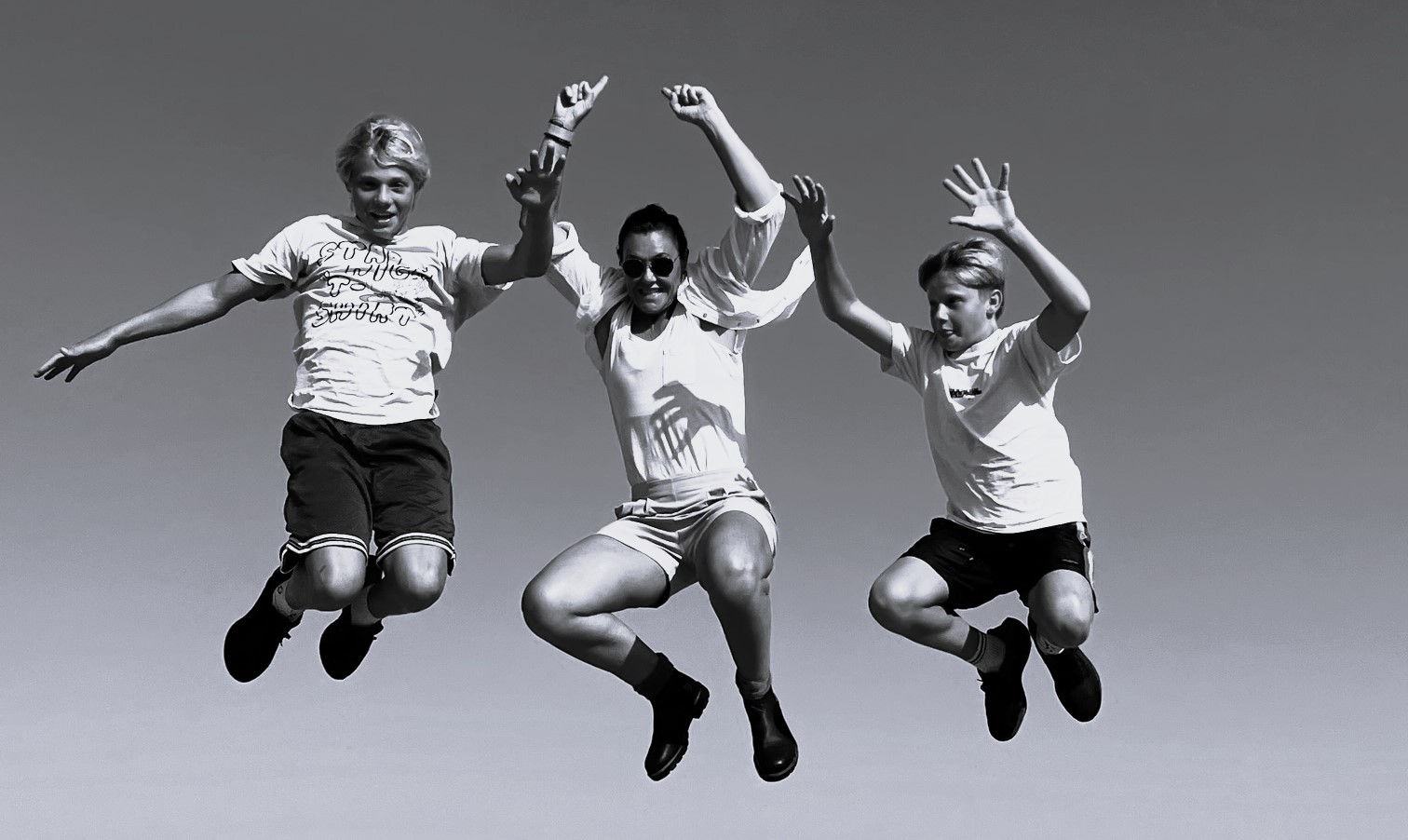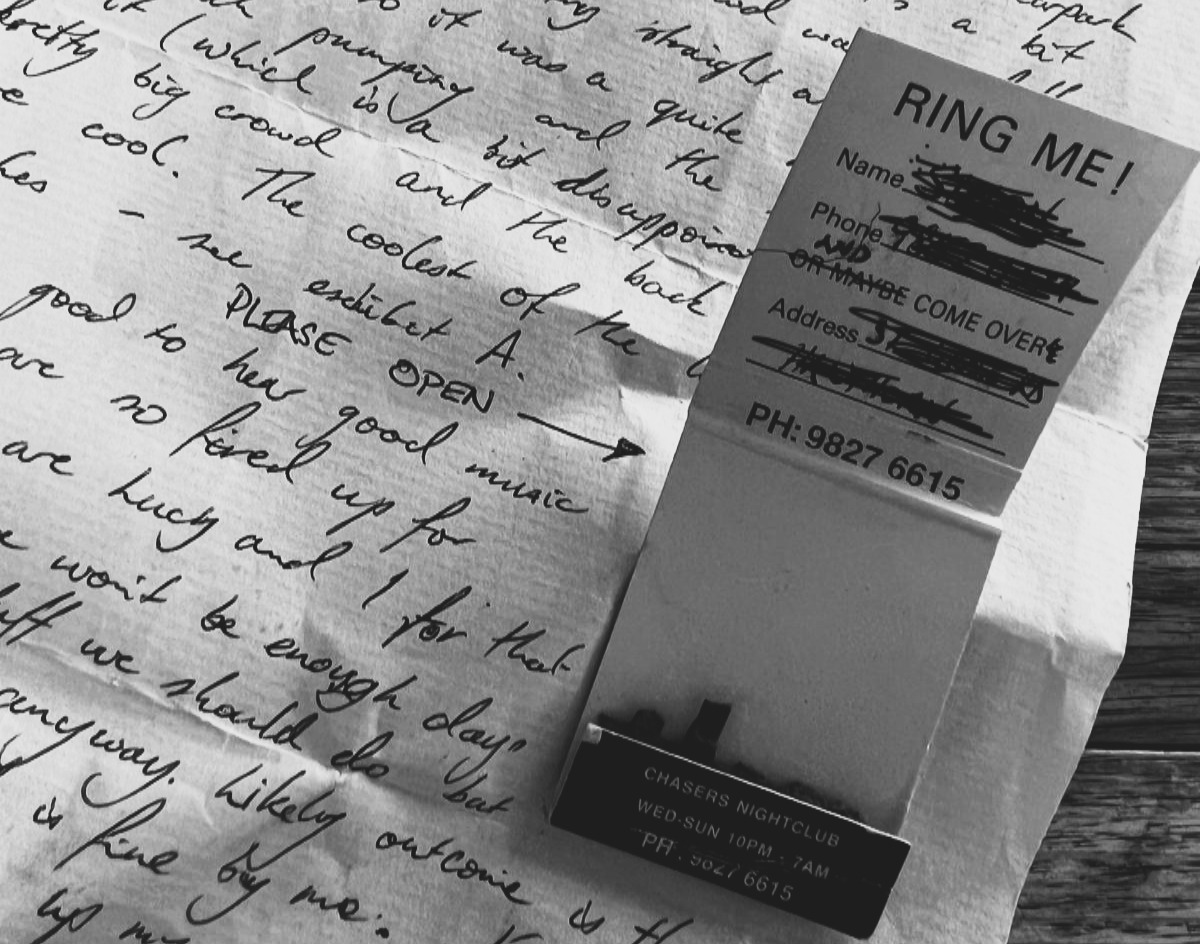I used to wear my ability to push through anything like a badge of honour. Pain, exhaustion, injury – it didn’t matter. As an Olympic athlete, I was trained to override discomfort, to get comfortable being uncomfortable, to grind harder. My pain threshold wasn’t just high; it was something I was praised for. I was respected, even admired, for how much I could take.
And I took it all. When I was young, I could throw my body into punishing training blocks, endure high-altitude camps, excruciating rowing ergo tests, back-to-back races – and recover like a machine. I thought I was invincible. I was smug about my ability to handle extreme workloads, to keep pushing when others faltered. I carried that same mindset into life after sport, convinced I was still a superhero who could override any physical, mental or emotional challenge just by sheer force of will.
But my body had started whispering to me long before I ever listened.
The first signs came around age 41 or 42. Nothing major, just little things – stronger glasses needed for computer work, a few wines hitting me harder the next day, taking longer to recover from training, getting cold sores a little more often. I ignored it all. My body had always just done what it was told. Why would now be any different?
So, I pushed harder. I was working long hours in an extremely fast-paced HR role at KPMG, raising two small kids in the early aftermath of my long-term relationship having slowly fallen apart, still smashing out HIIT and CrossFit-style workouts at 5 a.m. before mainlining coffee and launching into another high-stress day. My body kept whispering, but I wasn’t listening.
Then came the global pandemic. Overnight, my HR role turned into what felt more like full-scale crisis management. The pressure dialed up tenfold. I was working from the dining room table now, homeschooling (yeah right!) two hyperactive young sons while completely cut off from my family and support network. My stress levels were through the roof, but I just kept going. My body was starting to whisper louder – getting sick more often, feeling fatigued and run-down, a general sense of being frayed at the edges. In response, I took up the (flawed) strategy of drinking several glasses of wine after work each night to delineate the day, dull the noise and lull me into a numb apathy after the relentlessness of another stress-filled day. But I still wasn’t slowing down.
By 2021, the whispers kept getting louder. It started with a case of shingles in January. Then a run of illnesses, tendonitis and niggles from training that wouldn’t heal, relentless fatigue, chronic stress. Still, I kept pushing.
Until my body finally screamed and FORCED me to stop.
It was in late 2021, just a handful of weeks after finally taking some affirmative action and leaving my stressful job, that my body collapsed. A severely herniated disc at L5-S1. Sciatic nerve impingement so bad I couldn’t move let alone walk. The nerve damage so extreme it left me with a limp and a drop foot for almost a year. I staunchly avoided surgery but needed several nerve root block injections just to manage the pain and get some basic function back. My body had been screaming STOP for years, and I had ignored it. So, it finally took me out.
That injury forced me to reckon with what I had done to myself. It made me reflect on all the times I had overridden the messages my body had been sending me. I had to acknowledge and own the role I had played in my own burnout and physical demise. And when I started digging into the research, it wasn’t surprising. There are clear links between chronic stress, feeling unsupported, and lower back injuries. This wasn’t just a “random” thing. My body had been carrying the weight of everything I refused to acknowledge – the constant pushing, the stress, the never-stopping.
Rehab wasn’t just about physically fixing my back. It was an emotional and psychological reset. When I finally started listening, my body didn’t crave more intensity. It wanted yoga. Stillness. Slow, intentional movement. It wanted mobility, meditation, introspection. Everything I had dismissed as “not for me.” But the more I leaned in, the more my body responded and recovered.
A big part of my recovery has been developing new tools to cope with stress and changing the way I talk to myself. I used to have brutal self-talk – like a hard-arsed rowing coach in my own head, pushing me to go harder, be tougher, suck it up. That doesn’t fly anymore. Now, I talk to my body like I would to my sons or a best mate. I listen, I have compassion, I respect it, and I work with it instead of against it.
I’ve had to grieve the physical capability that I used to have – the youthful vitality and the body that could do anything, endure anything. I’ve had to slowly make peace with and accept that those days are now behind me. It was a long and difficult process, made especially so because I’d enmeshed my entire identity as an athlete and into life beyond, with being that fit, physical, strong, resilient person.
It’s been a few years in the making, but I’m pleased to say I no longer lament and focus on what I can’t do, I look forward and focus on everything that I still can do.
Over time I came to finally appreciate everything this body has done. It’s pushed me through Olympic finals. It’s carried, birthed and fed two incredible healthy sons. It’s endured ridiculous physical, emotional and mental stress and somehow still kept me going. I now acknowledge this for the miracle it is, and I am grateful.
I’m also grateful for the back injury that finally forced me to wake up and change direction entirely. Because it could have been far worse. It could have been cancer. A heart attack. Something that I couldn’t recover from. But it wasn’t. It was just a disabling and excruciating back and nerve injury – a loud, painful, inescapable message from my body that I couldn’t ignore.
At 48, my goal is to keep this body in the best possible condition for another 48 years. And that means adapting, evolving, honouring the messages it sends me. Accepting physical change isn’t easy – I’ve had to do it before, after retiring from sport, after each pregnancy and breastfeeding, and again after this injury. And I’ll have to do it again in future – of that I am certain. But I refuse to go back to overriding my body’s signals. Because I know where that leads.
The body always whispers before it screams. The question is – are you listening?
If this sounds like you – if you sense you’ve been pushing through exhaustion, overriding the whispers, ignoring what your body is telling you – I get it. I’ve been there. I know what it feels like to keep going at all costs, to believe you have to. But I also know what happens when you finally stop and listen. How much better life feels when you do.
You don’t have to wait for the scream. If you’re ready to start tuning in, to actually work with your body instead of against it, as someone whose been there done that, and as an accredited health and wellness coach, I can support you through it. Let’s chat.




